Description
Introduction of Immunoglobulin IVIG:
1930s: Human immunoglobulin therapy first occurred during this decade
1950s: Immune globulin products from human plasma were first used in 1952 to treat primary immune deficiency. Intramuscular injections were hardly tolerated because of their extreme pain and poor efficacy. It could rarely alone raise plasma immunoglobulin levels enough to make a clinically meaningful difference.
1980s: Intravenous formulations began to be approved in the 1980s; this treatment represented a significant improvement over intramuscular objections.
In 2006: First preparation of immunoglobulin that was designed exclusively for subcutaneous use was approved by the FDA.
IVIG treatment
Largest amounts of IVIG are used in neurology, hematology, immunology, nephrology, rheumatology and dermatology fields.
Intravenous immunoglobulin help to treat different diseases like
- common variable Immune deficiencies like immune thrombocytopenia
- Kawasaki disease
- Guillain-Barre syndrome
- Chronic inflammatory demyelinating polyneuropathy
- Lupus, Myositis
- Neurological diseases like myasthenia gravis or multiple sclerosis
- People with diseases like bone marrow transplants that use IVIG to prevent infections.
Some times IVIG may be taken instead of other medications such as immune-suppressants, corticosteroids, or biologic drugs to help treat immune system disorders. In other cases, it may be taken along with immune-suppressants or other medications. Both children and adults can use this therapy.
IVIG Side effects
IVIG infusion can have severe localized and systemic adverse effects. It is recommended to the Patients who take immunoglobulin to take acetaminophen and diphenhydramine before their infusions to reduce the rate of adverse effects and sometimes prednisone or another oral steroid.
Local side effects of immunoglobulin infusions are
- an injection site reaction (reddening of the skin around the injection site ),
- itching,
- rash,
- Hives.
Less serious systemic side effects are:
- an increased heart rate,
- hyper or hypotension,
- an increased body temperature,
- diarrhea, nausea,
- abdominal pain,
- vomiting,
- arthralgia or myalgia,
- dizziness,
- headache,
- Fatigue, fever, and pain.
About the Serious side effects of immunoglobulin we can name
- chest discomfort or pain,
- myocardial infarction,
- tachycardia hyponatremia,
- hemolysis, haemolytic anemia,
- thrombosis, hepatitis,
- anaphylaxis,
- backache,
- inflammation of the brain known as aseptic meningitis, acute renal failure,
- Hypokalemic nephropathy, pulmonary embolism, and transfusion related lung injury.
When less serious side effects happen, the side effects become tolerable by adjusting downwards the patient’s infusion rate. But in the case of serious IVIG side effect, emergency medical attention should be sought.
How does IVIG work?
Human body’s immune system normally makes enough antibodies to fight germs causing infections. Each of these antibodies is slightly different and it fits like a lock and key to every foreign substance like a virus that gets into the body but if someone has an immune deficiency, his body can’t make enough antibodies and this puts the person at greater risk for infections. IVIG is a super-concentrated collection of antibodies against many possible foreign substances that the body might encounter; the body cannot make them on its own; it is prepared from the blood donated by thousands of people.
Immunoglobulin is part of the blood’s plasma and has antibodies in it to fight germs or disease. After donating the blood, plasma will be separated out, purified and tested for serious infections like hepatitis and AIDS. Then it can be given to the body through a vein in the arm, or intravenous (IV) infusion.
There are several proposed mechanisms of action and the actual primary targets of immunoglobulin therapy in autoimmune disease. Some researchers believe that immunoglobulin therapy may work via a multi-step model during which the injected immunoglobulin first forms a type of immune complex in the patient; then they can interact with Fc receptors on dendritic cells and mediate anti-inflammatory effects. It helps to reduce the severity of the autoimmune disease or inflammatory state. Other proposed mechanisms is that donor antibodies may bind directly with the abnormal host antibodies, stimulating their removal; possibly, this stimulation leading to enhanced removal of all antibodies as well as the harmful ones; immunoglobulin can block the antibody receptors on immune cells so that decrease damage by these cells, or regulation of macrophage phagocytosis. Meanwhile immunoglobulin can bind to a number of membrane receptors on T cells, B cells, and monocytes that are pertinent to auto-reactivity and induction of tolerance to self.
IVIG in the Market
IVIG is the most effective & the only available treatment option so the demand for IVIG therapies for the treatment of acquired and primary immunodeficiency diseases is increasing. Moreover, sedentary lifestyle habits such as consumption of saturated fats salt & sugars (obesity), less physical activities, immense stress, lack of good quality sleep and high alcohol consumption have resulted to the increase in the prevalence of these diseases, predominantly driving the growth of the market. The primary cause for the development of IVIG preparations is the Rising number of patients with immunodeficiency disorders.
Growing geriatric population, rising prevalence of immunodeficiency diseases, increasing adoption of IVIG treatments and rising use of off-label indications and enhancement in technology related to immunoglobulin production are the Primary factors for the growth of the market. People nowadays are increasingly adopting heady & unhealthy lifestyles which mirror the prevalence of damaged immune system.
It was estimated that the global intravenous immunoglobulin (IVIG) market size was 9.09 USD billion in 2016 and is anticipated to grow at a CAGR of 7.1% in the future. MRFR announced that the global intravenous immunoglobulin market growing further will reach USD 8337.2 MN by 2023, registering approximately 5.9% CAGR from 2017 to 2023.
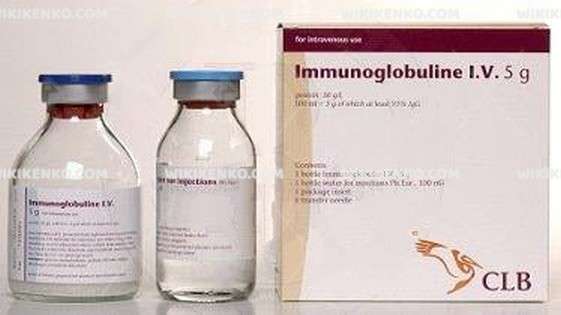

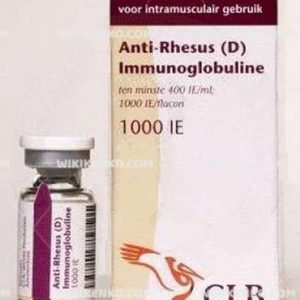

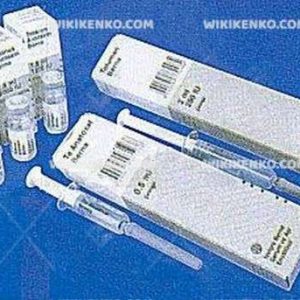
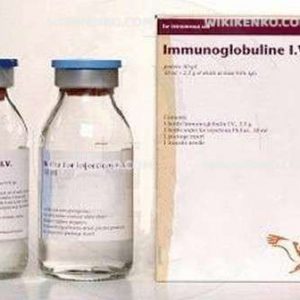
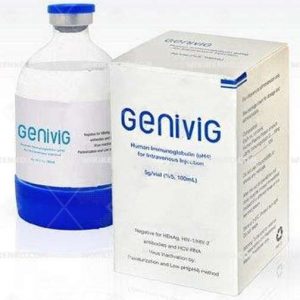
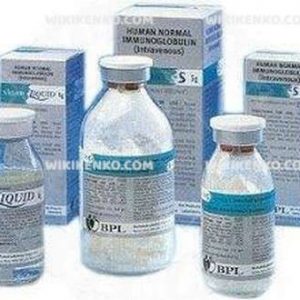
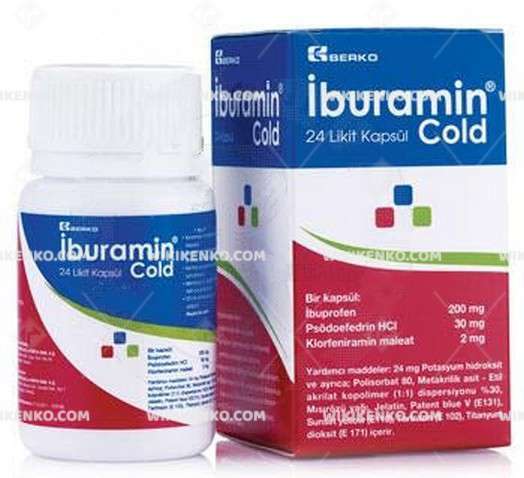
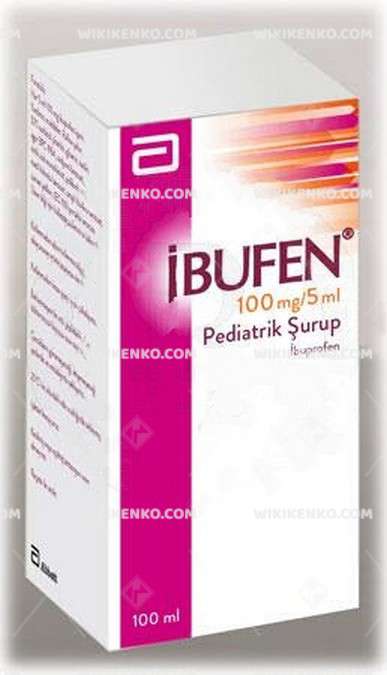

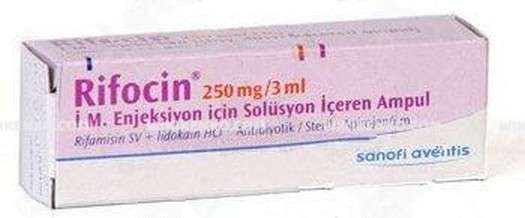
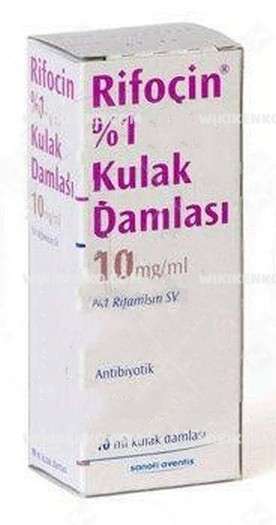




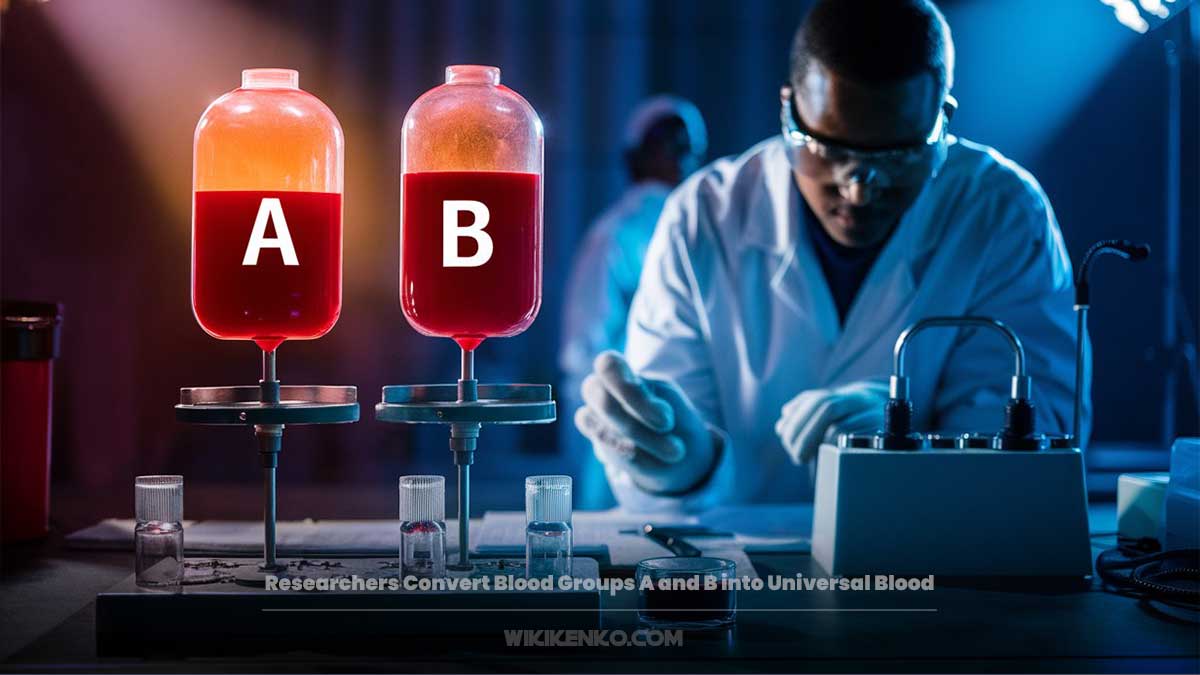



Reviews
There are no reviews yet.